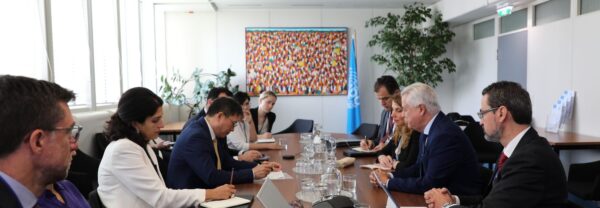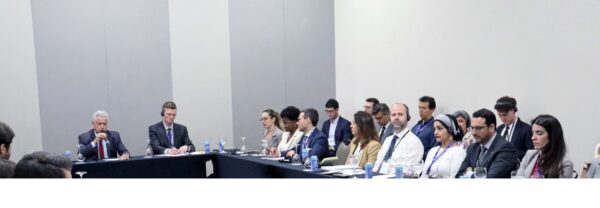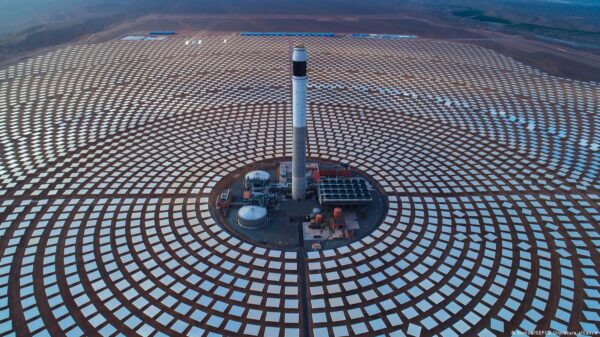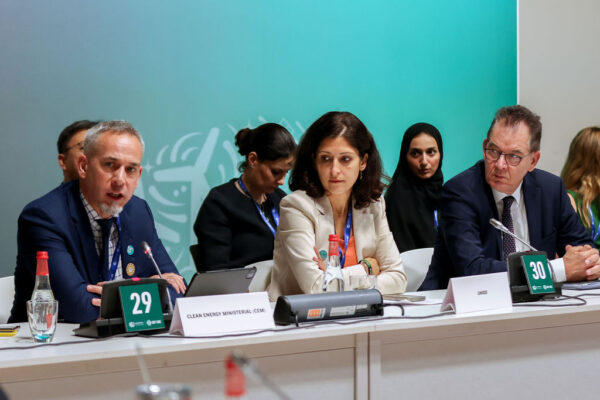The Industrial Deep Decarbonisation Initiative
Photo credit: Justin Merriman / EE Image Database
Photo credit: Justin Merriman / EE Image Database

In the fight against climate change, heavy industries are the next frontier
Steel and cement production account for just over 50 per cent of all industrial emissions. The need for continuous high-temperature heat to produce these vital materials requires huge amounts of energy, much of which is still dependent on fossil fuels. Moreover, the chemical processes involved in producing these materials are themselves a major source of emissions.
Demand for these globally-traded materials are on the rise as many countries continue to industrialize. So much so that the world is expected to build the equivalent of another New York City every month for the next 40 years! Most of this new construction will use concrete — the second most consumed product in the world after water.

Turning the tide
In 2021, UNIDO and the Clean Energy Ministerial launched the Industrial Deep Decarbonisation Initiative (IDDI), the largest and most diverse coalition of governments, companies and organizations working to create an enabling environment for the deep decarbonization of industry, starting with steel, cement and concrete. IDDI aims to spur early demand for low and near-zero emission steel, cement and concrete through green public procurement by:
- Developing guidelines to harmonize emission accounting methodologies, and developing standards to define low and near-zero emission products.
- Developing a global framework on low and near-zero emission steel, cement and concrete with publicly accessible data that is easy to navigate using tailored digital tools.
- Establishing globally recognised targets for the public procurement of low and near-zero emission steel, cement and concrete.
If you make it, we will buy it
While there is still a way to go before clearly defined ‘low carbon’ cement and steel is available at scale, green public procurement (GPP) commitments are essential in signaling to the market that: “if you make it we will buy it.” Within the next three years the IDDI expects to have encouraged a minimum of ten governments to make public procurement commitments for low and near-zero emission steel, cement and concrete.
Technical working groups
Working group 1:
Data and reporting
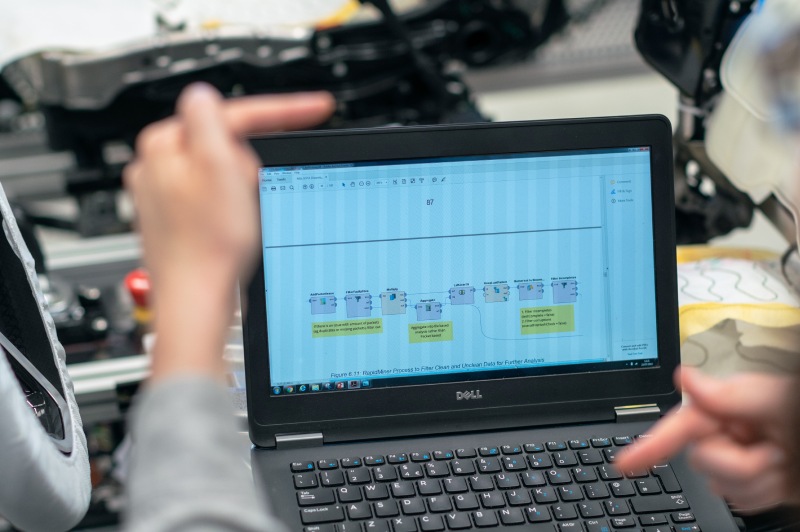
Working group 2:
Low carbon standards

Working group 3:
Green public procurement
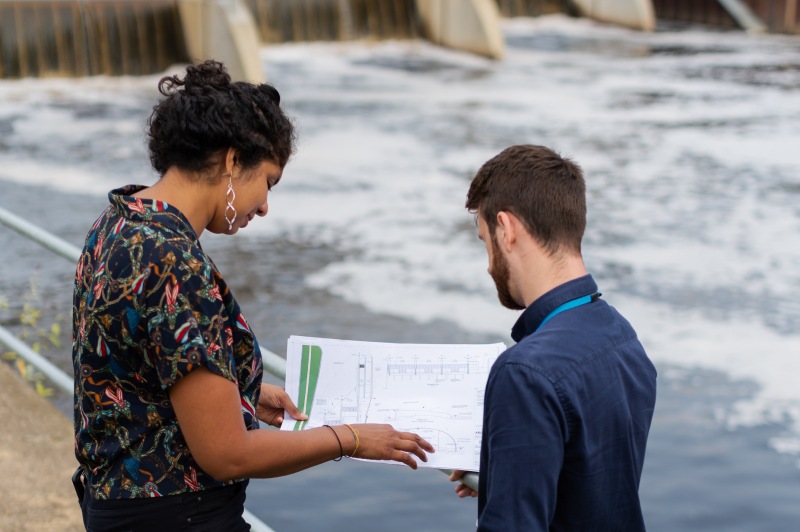
Working group 1:
Data and reporting

This working group will develop appropriate guidelines for data collection and reporting frameworks for green public procurement. This group is also a unique forum to guide national processes related to industrial data collection and reporting systems, particularly for steel and cement.
Working group 2:
Low carbon standards

This working group is focused on material-specific standards or guidelines for measuring the life cycle GHG emissions of steel, cement, and concrete. Starting with the various standards currently in use by industry and other actors, this group is developing a methodology to support the interoperability of standards on an interim basis to support comparability. Working with a wide range of partners, it then aims to widen the use of agreed standards worldwide.
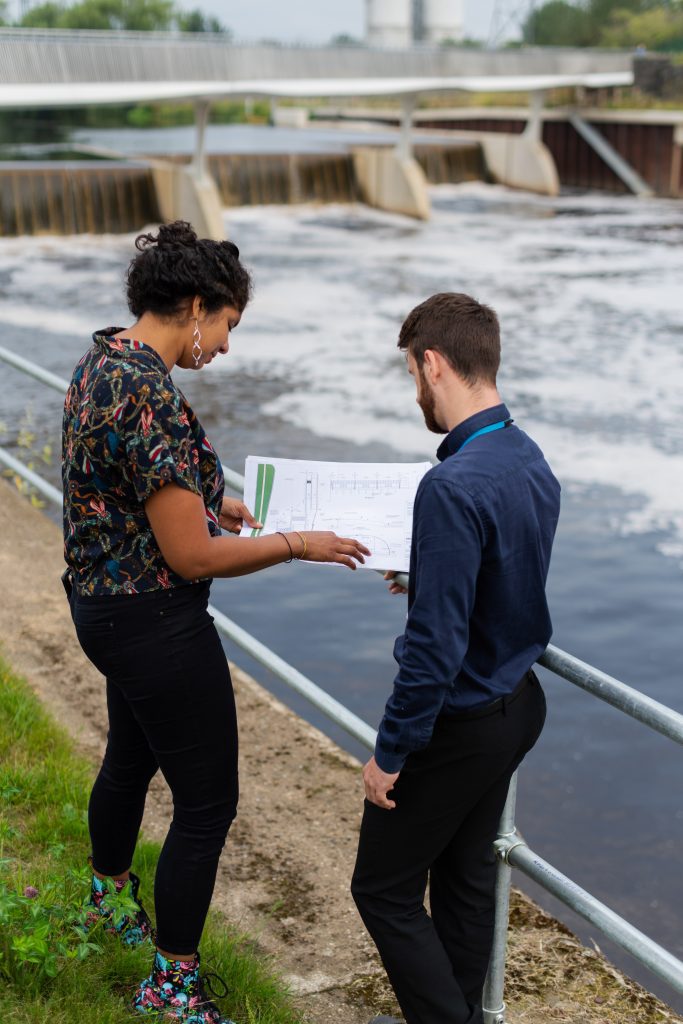
Working group 3:
Green public procurement (GPP)
This working group will leverage the power of green public procurement to accelerate decarbonization. It aims to agree on a harmonized approach to requirements for the disclosure and reduction of embodied carbon in concrete and steel in public construction projects. It also aims to identify challenges and solutions that GPP can deliver in this area.
Who is involved

